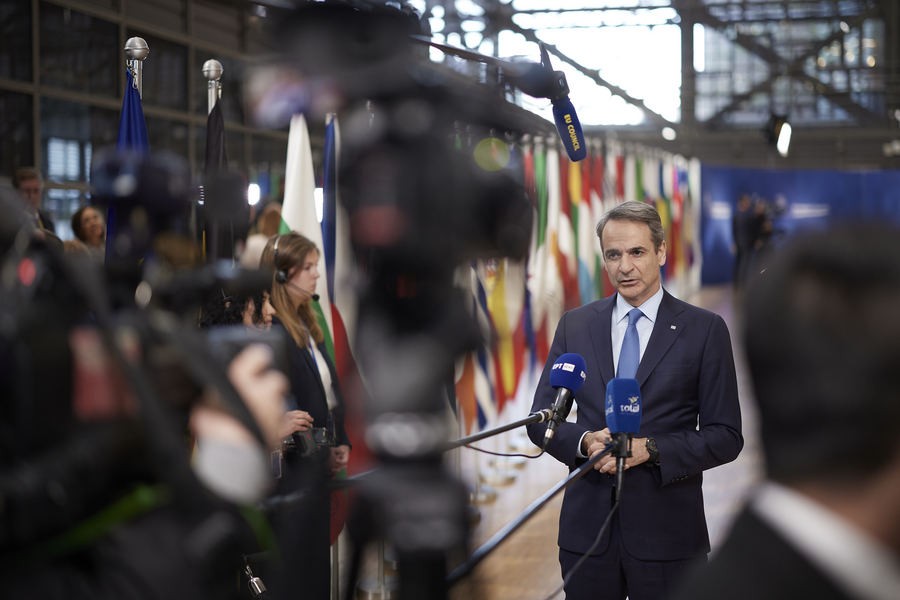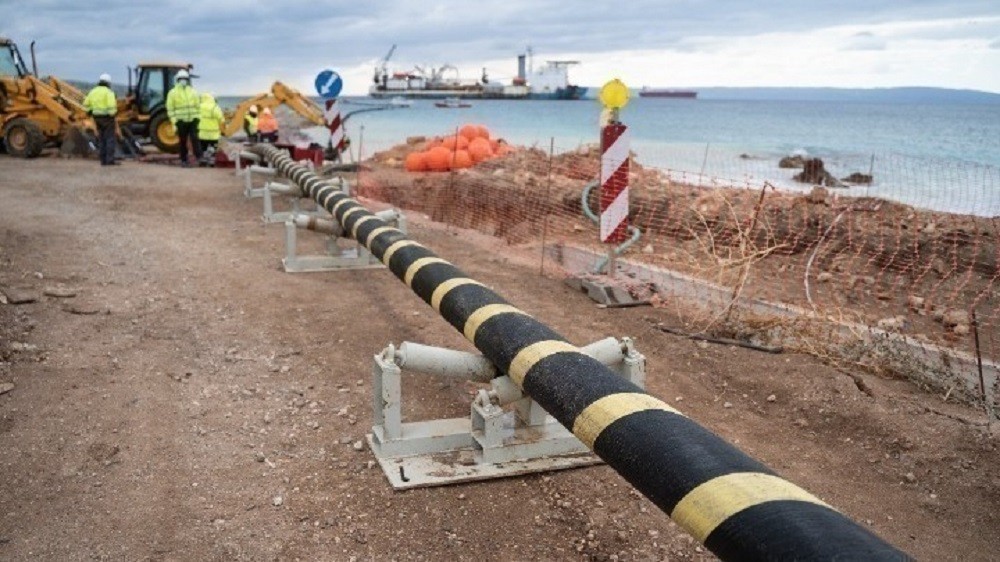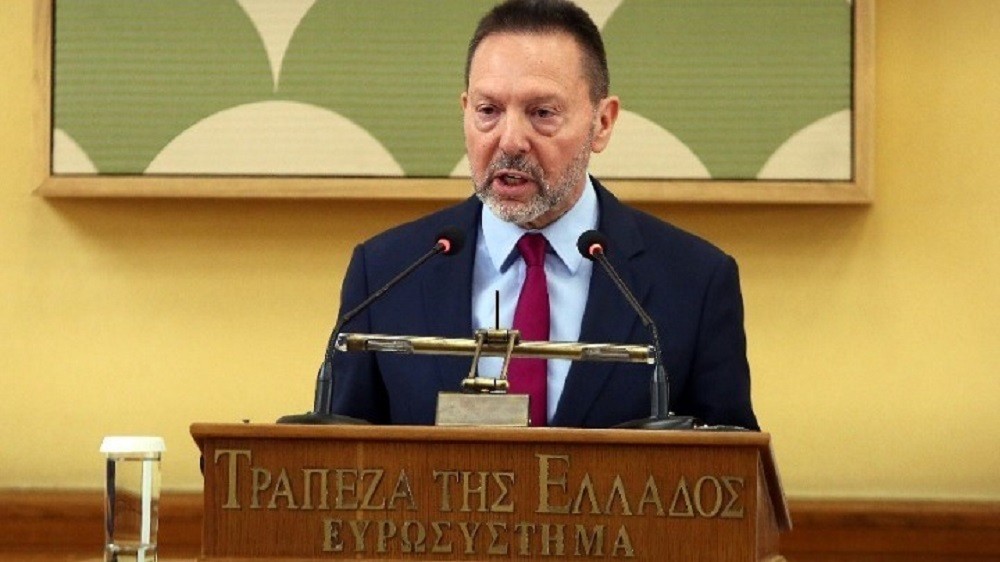
Tsipras: ‘Greece has permanently left the days of crisis behind it’
BRUSSELS (ANA/ M. Spinthourakis, C. Vasilaki) Greece has permanently left the days of crisis behind it, Prime Minister Alexis Tsipras said in a press conference in Brussels on Friday, after the end of the European Council.
Talking about the results of his meetings with European leaders and officials, Tsipras said those he spoke with understood the need to send a strong signal to the markets.
“No one wants new upheavals, especially ahead of an election year in crucial European countries,” he noted.
Tsipras said that he had raised the need for all sides to adhere to agreements in all his meetings, barring that with British Prime Minister Teresa May which focused on Brexit and the Cyprus issue.
Referring to the decisions taken at the Eurogroup last May, the prime minister said that these were “exceptionally good and in an absolutely positive framework” and that the negative aspects, which became apparent in the press conferences afterward, were not the decisions but the clash between the International Monetary Fund (IMF) and the European institutions. Similarly good decisions at the Eurogroup in December were attainable, he added.
“A strong signal must be given to the investment community and this is not given as long as there is constant postponement of all we have agreed. Greece must, as soon as possible, join the quantitative easing programme,” Tsipras said. At the European Council in December, there will be a discussion on the specific immediate and short-term measures that are necessary for a solution of the debt issue, he noted.
Reporting on his meeting with German Chancellor Angela Merkel, Tsipras reported a good atmosphere and said he had raised crucial strategic issues. Among these was the Cyprus issue, which he also discussed with French President Francois Hollande. Both the French and German leaders expressed understanding and agreed with Greece’s position that a viable solution could not exist unless the presence of Turkish occupation forces on Cyprus was declared illegal, he said.
Tsipras: EU solidarity with Greece on refugee crisis ‘as yet inadequate’
Europe’s solidarity toward Greece was as yet inadequate, Tsipras said in comments regarding the summit results on the refugee crisis . He noted that the European Union had yet to overcome internal contradictions on this issue, with some countries faithfully adhering to the principle of solidarity and others wanting solidarity ‘a la carte’.
This could not be accepted by Greece, which was having to shoulder a burden disproportionate to its strength, Tsipras said.
The prime minister also noted, however, that the decisions taken at the European Council largely reflected Greek positions, which were not compatible with the idea of “flexible” solidarity. Tsipras said he was in favour of relaxing the visa regime for Turkish citizens but noted that there could be no question of a Cyprus ‘exemption’ and that Turkey must understand this.
The Greek prime minister said that the improvements made to the CETA trade agreement between the EU and Canada meant that this was now acceptable to Greece. Among such improvements he listed the ratification of the agreement by national parliaments, the resolution of differences between the private sector and governments at national and international courts, rather than ‘ad hoc’ tribunals, and an explicit commitment that policy will be exercised freely by national parliaments, including renationalisations, as well as an express statement for the protection of labour, environmental and consumer rights to the highest level.
Regarding Russia, Tsipras said the Greek government had a clearcut position against imposing further sanctions, in spite of Russia’s role in the escalation of violence in Aleppo. Greece considers that the EU must have a “positive, diplomatic role” that promotes peace and stability in the region, he added.
“Even this fragile ceasefire is positive,” Tsipras said, noting that solutions must “heal wounds and not multiply them.” Condemning the attacks on civilians in Aleppo and elsewhere, he urged the EU to exert significant pressure on all the forces involved in the bombings, pointing out that it would help nothing if Europe became trapped in a cycle of repeated sanctions and cold-war rhetoric.

